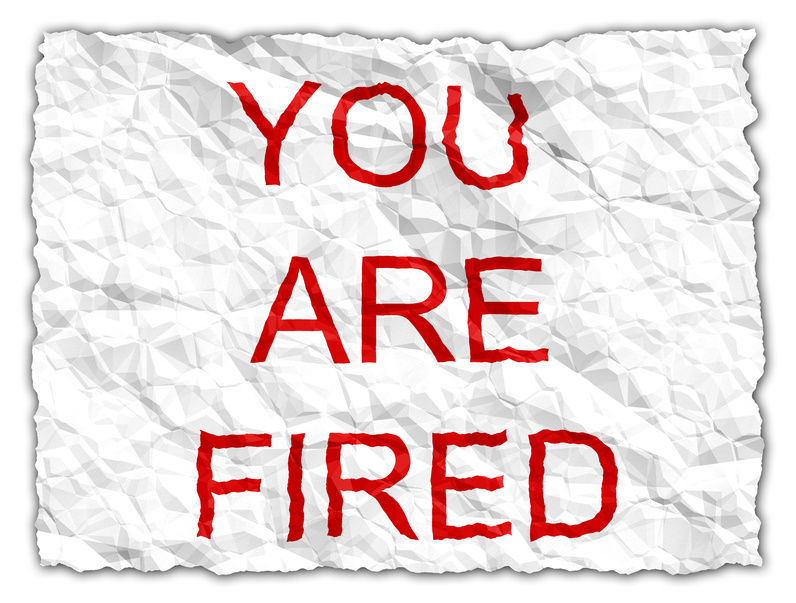“Some of the most important and insightful learning is far more likely to come from failures than from success.” ~ Former Procter & Gamble CEO A.G. Lafley, interviewed in Harvard Business Review (April 2011) How we respond to failures and bounce back from our mistakes can make or break our careers. The wisdom of learning from failure is undeniable, yet … Read More
The Best of Times, the Worst of Times
Take the example of two typical MBA graduates who were laid off from their positions during the recession. Both were distraught. Being fired provoked feelings of sadness, listlessness, indecisiveness and anxiety about the future. For one, the mood was transient. Within two weeks he was telling himself, “It’s not my fault; it’s the economy. I’m good at what I do, … Read More
Optimism and Resilience
Research clearly demonstrates that people who are naturally resilient have an optimistic explanatory style—that is, they explain adversity in optimistic terms to avoid falling into helplessness. Those who refuse to give up routinely interpret setbacks as temporary, local and changeable: “The problem will resolve quickly…” “It’s just this one situation…” “I can do something about it…” In contrast, individuals who … Read More
Learning from Mistakes
“That which does not kill us makes us stronger.” ~ Friedrich Nietzsche Failure is one of life’s most common traumas, yet people’s responses to it vary widely. Many managers have learned to reframe personal and departmental setbacks by stating: “There are no mistakes, only learning opportunities”—and it’s a great sentiment. In practice, however, their companies often continue to view failures … Read More
Blameworthy or Praiseworthy?
Admittedly, some mistakes are more blameworthy than others. As a manager, how do you make it safe for people to report and admit to mistakes? Harvard management professor Amy Edmondson delineates a “spectrum of reasons for failure” in “Strategies for Learning from Failure” (Harvard Business Review, April 2011), as summarized here: Deviance: An individual chooses to violate a prescribed process … Read More





